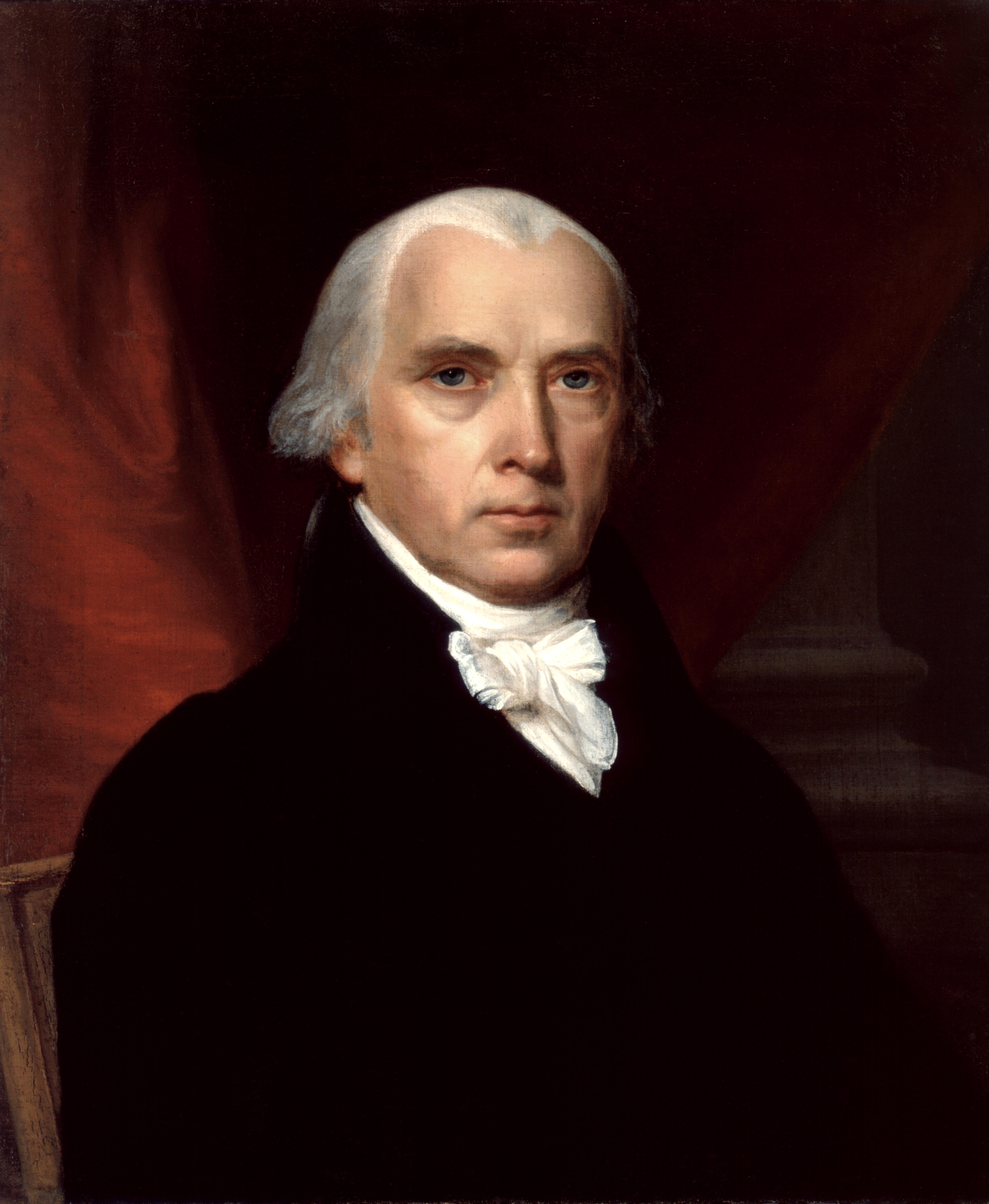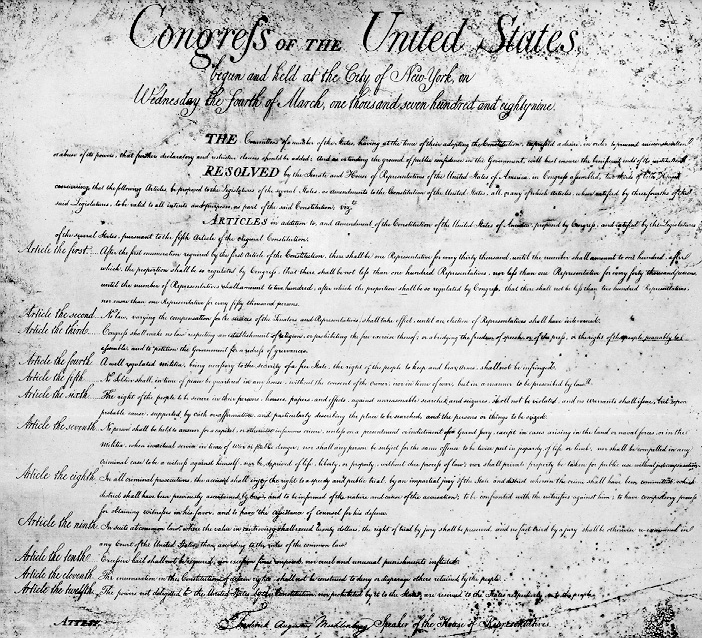Madison's Powerful Defense of Free Speech
The Sedition Act of 1798 motivated James Madison, father of the First Amendment, to expound on the critical importance of the liberty of thought. He linked the freedom of expression to the needs of a self-governing society—Americans required an extensive freedom of speech and press in order to hold their representatives accountable to them.
From Revolutionary Dissent, chapter 9:
When public officials violated their trust, wrote Madison, then “it is natural and proper, that, according to the cause and degree of their faults, they should be brought into contempt or disrepute, and incur the hatred of the people.” Punishment of criticism would slash at the heart of self-governance. “The value and efficacy of this right, depends on the knowledge of the comparative merits and demerits of the candidates for public trust; and on the equal freedom, consequently, of examining and discussing these merits and demerits of the candidates respectively.”
…With the sword poised to fall on writers who offended officeholders, Madison worried that seditious libel would chill speech. Some nasty expression was inevitable, and should not be an excuse for repression. “Some degree of abuse is inseparable from the proper use of every thing; and in no instance is this more true, than in that of the press,” Madison wrote, adding that “it is better to leave a few of its noxious branches to their luxuriant growth, than, by pruning them away, to injure the vigor of those yielding the proper fruits.”
Madison’s fierce attack on seditious libel called again on a powerful lesson from history, this time the understanding that Americans themselves had of freedom of speech and press. To Madison, freedom of expression meant the actual speech that the American people had engaged in. “In every State, probably, in the Union,” he wrote, “the press has exerted a freedom in canvassing the merits and measures of public men, of every description, which has not been confined to the strict limits of the common law. On this footing the freedom of the press has stood; on this footing it yet stands.”
Uninhibited freedom of expression, he said, was in large part responsible for the separation from Britain as well as a kind of second revolution that took the country from its weak Articles of Confederation to the new Constitution. “Had ‘Sedition acts,’” he argued, “forbidding every publication that might bring the constituted agents into contempt or disrepute, or that might excite the hatred of the people against the authors of unjust or pernicious measures, been uniformly enforced against the press; might not the United States have been languishing at this day, under the infirmities of a sickly Confederation? Might they not, possibly, be miserable colonies, groaning under a foreign yoke?”
It was, Madison argued, “to the press alone, chequered as it is with abuses, the world is indebted for all the triumphs which have been gained by reason and humanity, over error and oppression; who reflect that to the same beneficent source, the United States owe much of the lights which conducted them to the rank of a free and independent nation; and which have improved their political system, into a shape so auspicious to their happiness.”
